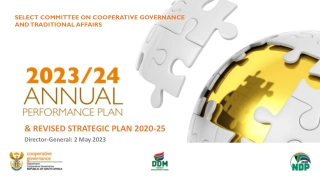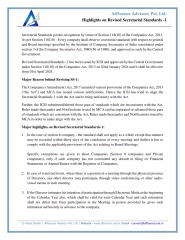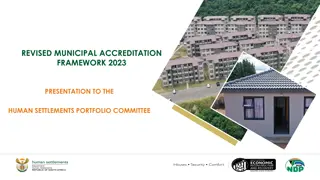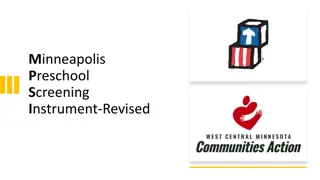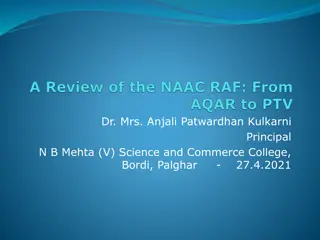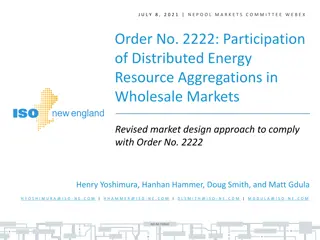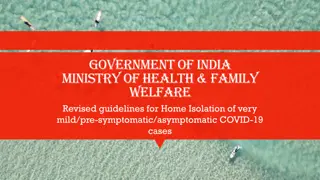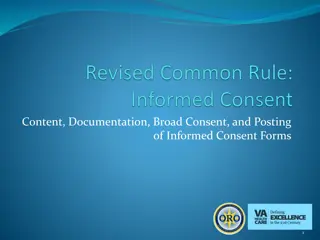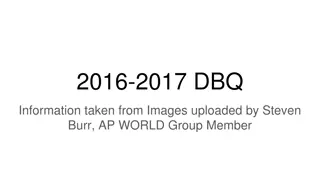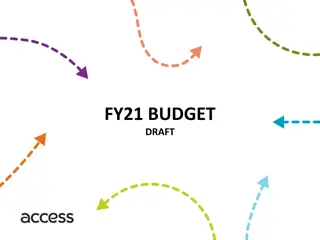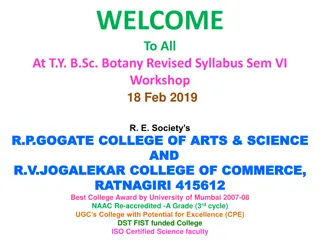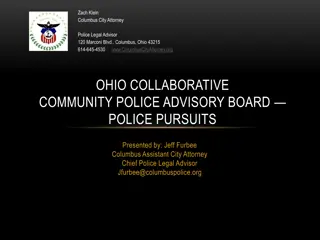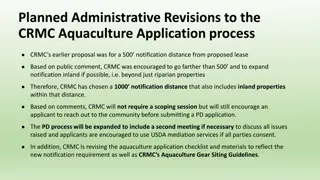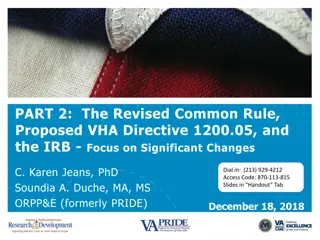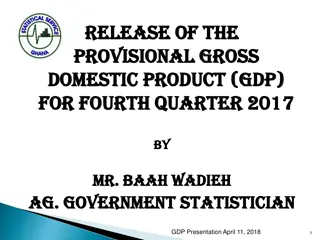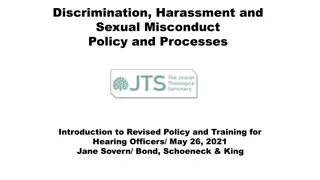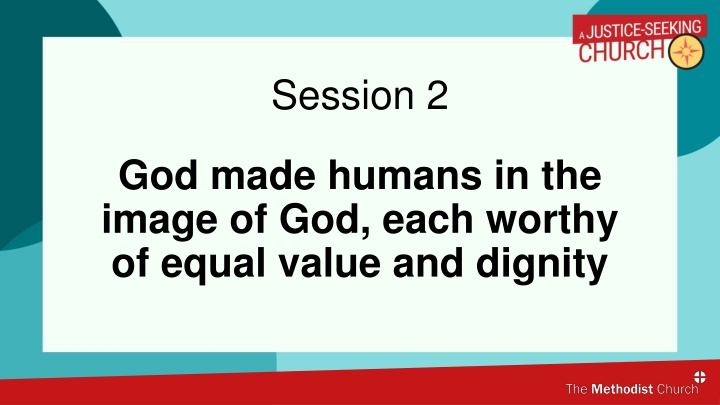
Reflecting the Image of God: Embracing Diversity and Justice
Explore the profound concept of humans being made in the image of God, emphasizing equality, diversity, and justice. Delve into how recognizing this intrinsic value can lead to a more just and compassionate world while reflecting on the impact of God's likeness in each individual.
Download Presentation

Please find below an Image/Link to download the presentation.
The content on the website is provided AS IS for your information and personal use only. It may not be sold, licensed, or shared on other websites without obtaining consent from the author. If you encounter any issues during the download, it is possible that the publisher has removed the file from their server.
You are allowed to download the files provided on this website for personal or commercial use, subject to the condition that they are used lawfully. All files are the property of their respective owners.
The content on the website is provided AS IS for your information and personal use only. It may not be sold, licensed, or shared on other websites without obtaining consent from the author.
E N D
Presentation Transcript
Session 2 God made humans in the image of God, each worthy of equal value and dignity
Do you like your name? Does it have particular meaning for you?
Great God, your love has called us here as we, by love for love were made. Your living likeness still we bear, though marred, dishonoured, disobeyed; we come, with all our heart and mind, your call to hear, your love to find.* Open us to see and hear others with your eyes and your ears, that the path to your justice may become clearer and all your people might be given hope, and know your power to save and heal.
Reflect on this verse from Psalm 139: I praise you, for I am fearfully and wonderfully made. Wonderful are your works Consider all the ways in which you are distinctive.
Everyone is made in the image of God. This is not a result of ability or capacity, but by simply by virtue of being a human being. Failing to regard every person as being made in the image of God, and therefore worthy of equal value, is at the heart of so much injustice. We live in a plural and diverse world. What does acting justly look like when we are so different from each other? What does being made in the image of God mean for justice?
Look carefully at yourself all the wrinkles, spots, beauty and uniqueness. Humankind is made in the image of God. And God delights in you. Think of the places and situations where you have borne God s image today. How does that feel? What is the difference between an image and the real thing? How are images damaged and manipulated? And what might this say to us about injustice in our world?
Film What did you hear that surprised or encouraged you? How does the understanding that all humanity shares in God s image affect how you think about justice?
Film Kathy and Nick wondered whether humanity being made in the image of God means that God is as diverse and different as humanity. What images, pictures or stories have you come across that help you to understand this? All people matter to God and therefore all people should matter to us : How does this challenge you? How does it inspire you? Kathy talks about finding our value in the eternal nature of God, ideas that can change and shift. Are there any stories or themes from the Bible that help you put this idea into practice?
Then God said, Let us make humansin our image, according to our likeness, and let them have dominion over the fish of the sea and over the birds of the air and over the cattle and over all the wild animals of the earth and over every creeping thing that creeps upon the earth. So God created humans in his image, in the image of God he created them; male and female he created them. Genesis 1:26-27
How has the belief that humanity is created in Gods image affected you? In what ways has it shaped how you choose to act or think? In our society or world, what creates discrimination and stigmatisation? What can we do to challenge this? In the film Jongi speaks of meeting his jailor and allowing God s image to be present in the person who had oppressed him. When we are struggling for justice, how do we prevent ourselves ignoring or denying the image of God in the oppressor or those with whom we disagree?
In the newspaper, look for examples of how people are treating others. Are there examples where people are being valued or examples of people being othered ? What might be the causes of this?
My brothers and sisters, do not claim the faith of our Lord Jesus Christ of glory while showing partiality. For if a person with gold rings and in fine clothes comes into your assembly, and if a poor person in dirty clothes also comes in, and if you take notice of the one wearing the fine clothes and say, Have a seat here in a good place, please, while to the one who is poor you say, Stand there, or, Sit by my footstool, have you not made distinctions among yourselves and become judges with evil thoughts?
Listen, my beloved brothers and sisters. Has not God chosen the poor in the world to be rich in faith and to be heirs of the kingdom that he has promised to those who love him? But you have dishonored the poor person. Is it not the rich who oppress you? Is it not they who drag you into the courts? Is it not they who blaspheme the excellent name that was invoked over you? If you really fulfill the royal law according to the scripture, You shall love your neighbor as yourself, you do well. But if you show partiality, you commit sin and are convicted by the law as transgressors. James 2:1-9
In what ways do you know or believe that groups of people are treated differently in our church? What kinds of discrimination do we experience or believe are present? When have you learned something from someone whose life experience is different to your own? What s the antidote to the othering of people dissimilar from ourselves?
Think about whether all people really are welcome at your church. How might some people feel treated differently? Why might this be? What can churches do to ensure that everyone really is welcome?
When the Son of Man comes in his glory and all the angels with him, then he will sit on the throne of his glory. All the nations will be gathered before him, and he will separate people one from another as a shepherd separates the sheep from the goats, and he will put the sheep at his right hand and the goats at the left. Then the king will say to those at his right hand, Come, you who are blessed by my Father, inherit the kingdom prepared for you from the foundation of the world, for I was hungry and you gave me food, I was thirsty and you gave me something to drink, I was a stranger and you welcomed me, I was naked and you gave me clothing, I was sick and you took care of me, I was in prison and you visited me.
Then the righteous will answer him, Lord, when was it that we saw you hungry and gave you food or thirsty and gave you something to drink? And when was it that we saw you a stranger and welcomed you or naked and gave you clothing?And when was it that we saw you sick or in prison and visited you? And the king will answer them, Truly I tell you, just as you did it to one of the least of these brothers and sisters of mine, you did it to me. Then he will say to those at his left hand, You who are accursed, depart from me into the eternal fire prepared for the devil and his angels, for I was hungry and you gave me no food, I was thirsty and you gave me nothing to drink, I was a stranger and you did not welcome me, naked and you did not give me clothing, sick and in prison and you did not visit me.
Then they also will answer, Lord, when was it that we saw you hungry or thirsty or a stranger or naked or sick or in prison and did not take care of you? Then he will answer them, Truly I tell you, just as you did not do it to one of the least of these, you did not do it to me. And these will go away into eternal punishment but the righteous into eternal life. Matthew 25:31-46
What do you find challenging in this passage? Can you think of example of how Jesus embodied what he speaks about his provision and care of others? What values and attitudes does he show? Judgement and justice here are fused together. How can we think of judgment in ways that encourage us positively to promote justice, rather than from fear?
Reflect on Jesuss words: just as you did it to one of the least of these brothers and sisters of mine, you did it to me. What does this mean for our justice-seeking?
What does equal value and dignity look like in practice? If we believe that we are all share in God s image, what does this mean for decisions about our own priorities, how we vote, what we think about government spending, or attitudes to conflict? If a person has been denied worth , can this be given back to them or must it be reclaimed by victims of injustice?
Listen to the blog posts written by Mark Arnold, dad to James, a 22-year-old Autistic young man. Reflect on what you can learn from being alongside a person with additional needs. How does that enrich us all in our understanding of being made in God s image?
Summoned by the God who made us rich in our diversity, gathered in the name of Jesus, richer still in unity. Let us bring the gifts that differ and, in splendid, varied ways, sing a new Church into being one in faith and love and praise.* All that kills abundant living, let it from the earth be banned; pride of status, race, or schooling, dogmas that obscure your plan. In our common quest for justice may we hallow life s brief span.^
The Church of Jesus Christ may be diverse, but it should not be divided
Welcoming the stranger: speak out in support of refugees Take action to join a campaign to support refugees, such as writing to their MP or local newspaper.
Help us, O God, to see you in every person we meet, to speak to you in every word we say, to honour you in our every thought and act. Great God, in Christ you set us free Your life to live, your joy to share; Give us your Spirit s liberty To turn from guilt and dull despair And offer all that faith can do, While love is making all things new.
Gather around the water. Reflect on the ripples in the water and the reflections. Be still, and know God.

